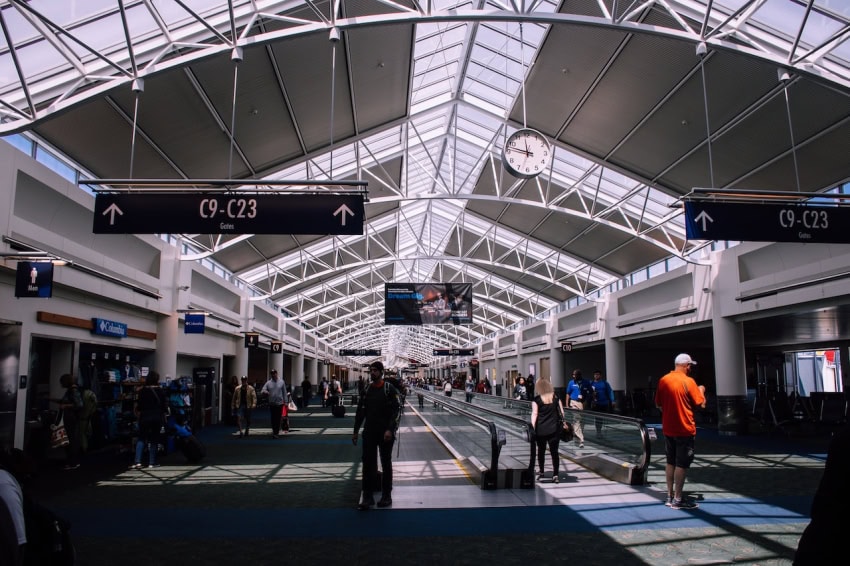MULTAN – In a major tech push, the Multan International Airport (MIAP) has become the fourth in the country to have a functional Facial Recognition System.
A spokesperson from Pakistan Civil Aviation Authority (PCAA) confirmed the development on Friday; the system is already in place at airports in Karachi, Islamabad and Lahore.
The PCAA spokesperson said the system would assist border agencies at Multan International Airport, adding that it would deter illegal international transportation.
Officials from the Japan International Cooperation System (JICS) trained Federal Investigation Agency (FIA) and Civil Aviation Authority officials at MIAP in this regard, he elaborated.
“The cooperation between Japanese and Pakistani governments for strengthening the security system at our airports is a continuous process,” the spokesperson added.
The Facial Recognition System is installed to authenticate users via ID verification services and works by pinpointing and measuring facial features from a given image.
It can be called an advanced category of biometric security and its deployment at the Multan airport implies that soon all the airports in the country would have this system in Place.
Despite facing an economic crisis, Pakistan’s aviation industry is still trying to thrive with the entry of new carriers. For instance, Ethiopian Airlines has resumed operations in Pakistan after 19 years. Moreover, Wizz Air Abu Dhabi also plans to start operations from Pakistan.
Wizz Air Abu Dhabi is a low-cost airline and is a joint venture with state-owned ADQ (formerly, Abu Dhabi Developmental Holding Company, ADDH), which owns 51 percent with Wizz Air Holdings owning the remaining 49 percent. The carrier’s first flight took off on the 19th of May 2004 from Katowice to London Luton and boasts a fleet of 153 ultramodern Airbus A320 family aircraft.
Furthermore, Azerbaijan has recently announced that direct flights would be operated between Pakistan and Baku soon to give a boost to tourism which is fast recovering owing to the lifting of restrictions imposed after the Covid-19 pandemic.
As far as Pakistan is concerned, currently, carriers are facing challenges in repatriating dollars because of the low foreign exchange reserves of the country.
Air carriers sell tickets in local currency but then they need to repatriate dollars to pay for expenses such as fuel and maintenance charges and certainly a delay in the process dents their financial balance; the volume of dollars withheld has spiked to $290 million as of January.














